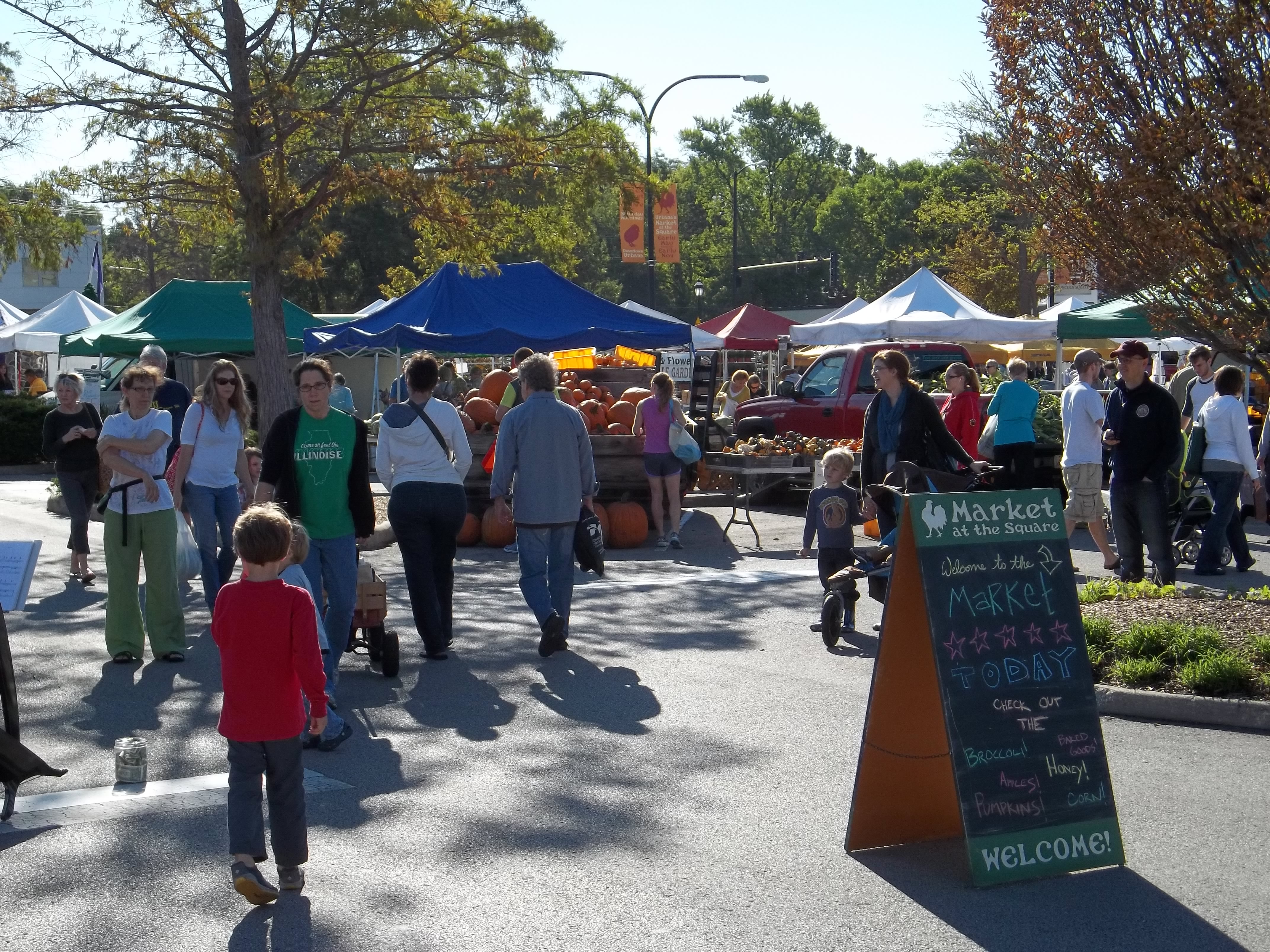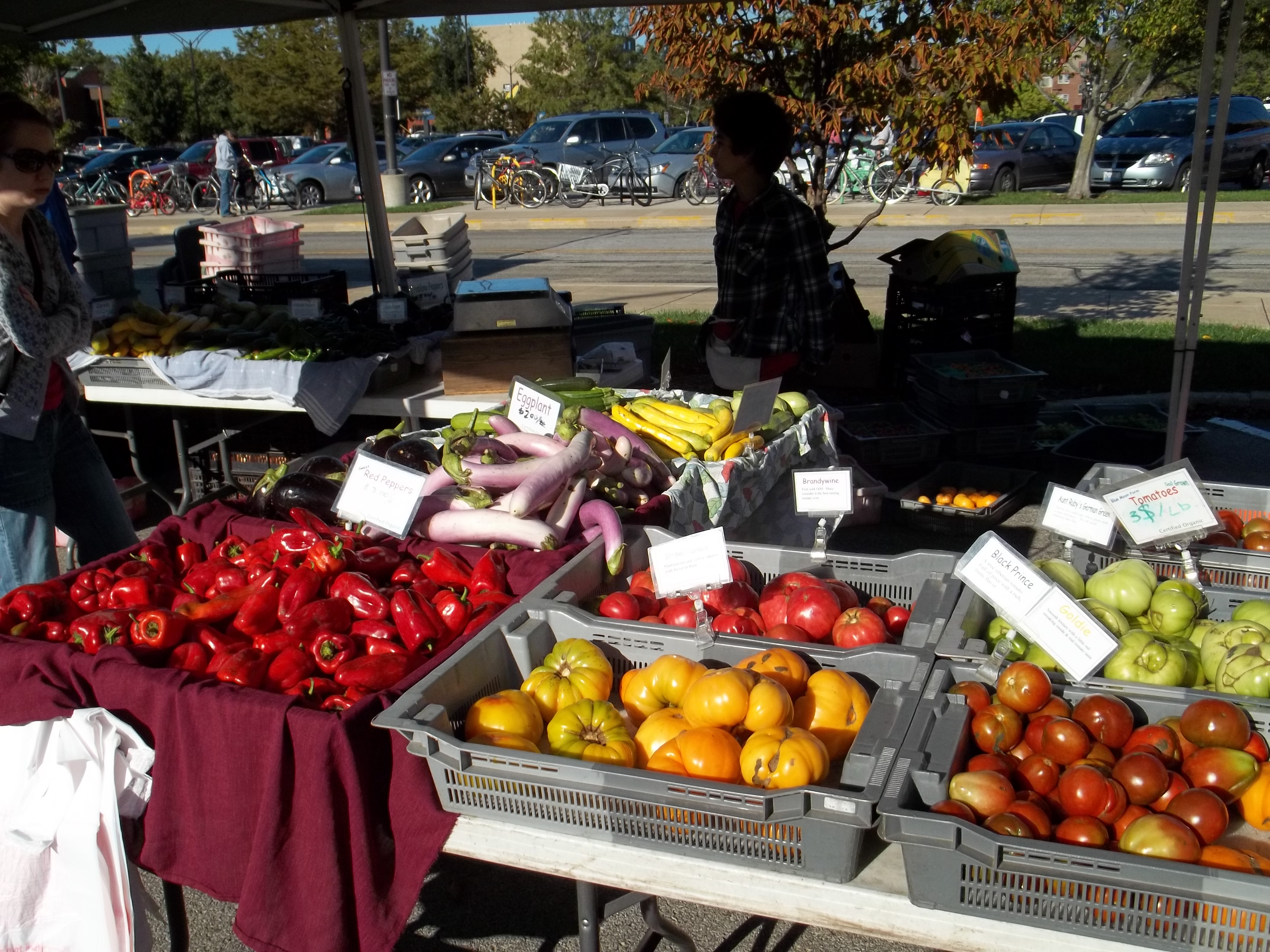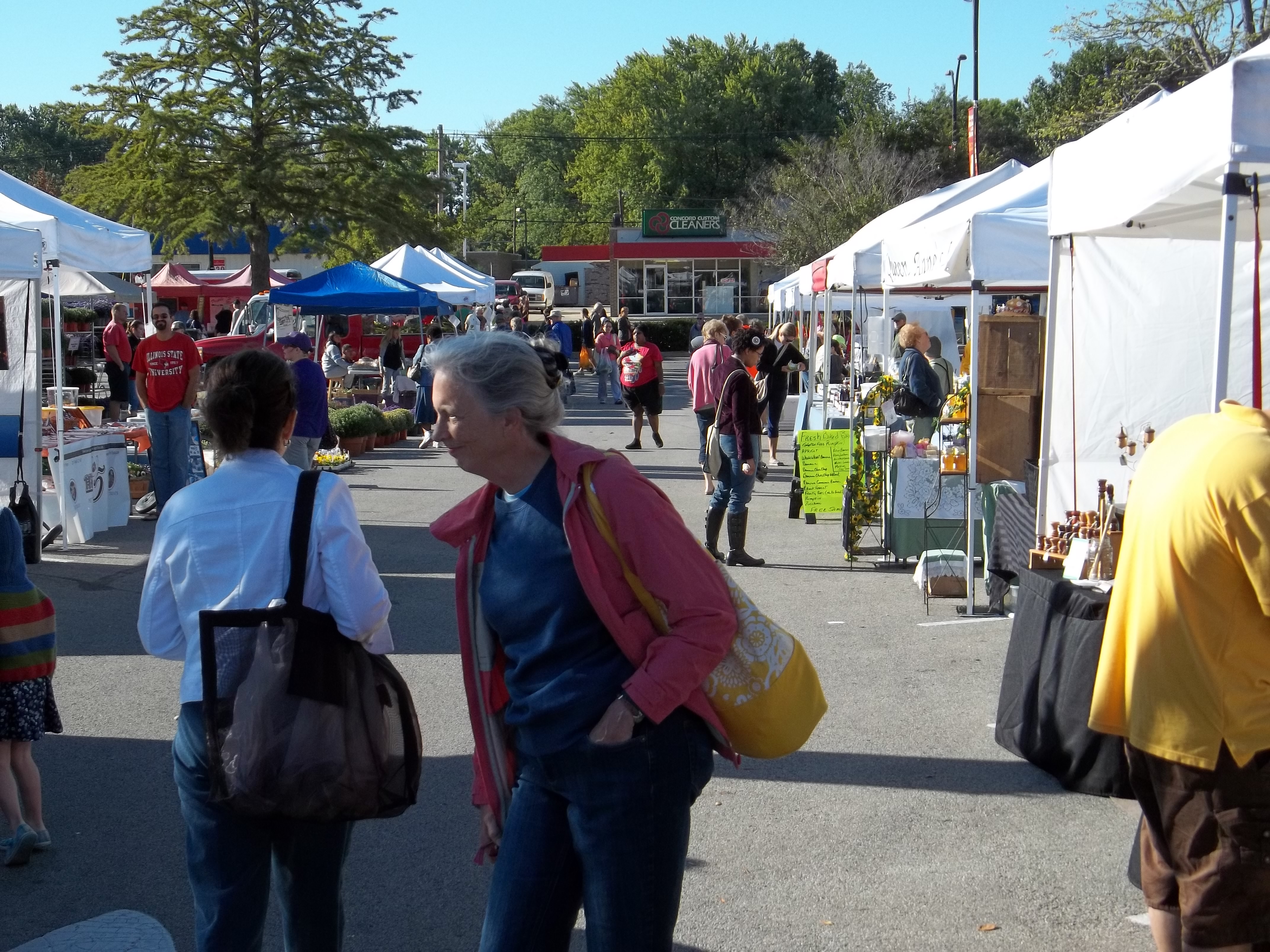This is from a continuing series of dispatches on community resilience in my persona as the Resilient Nomad; some of these may appear in different format over on John Robb’s blog www.resilientcommunities.com.
“They kicked in his door, and put him and his whole family — even the kids — in handcuffs. Sat ’em down outside, and then, get this — they went in and poured purple dye in *all* the milk vats…every single one.”
“You have *got* to be kidding.”
“Nope. 15 armed SWAT guys vs. an unarmed Amish farmer and his family. Made me sick to hear about it.”
It wasn’t long ago, while I was on my weekly visit to the local Farmer’s Market, that I heard the story of a federal SWAT team in full battle rattle kicking in the door on an unarmed Amish family for the heinous offense of selling unpasteurized organic milk. This incident — one of many around the country — provides an opportunity for a resilient community to form.
The Farmer’s Market in Urbana, IL sees 5000 customers come through it on an average summer day. It’s open from 7-noon on Saturday each week. Organic and whole food producers of vegetables, breads, and meats set up booths next to artisans and community groups. The customer base is a cross-section of a community that supports local food and organic production. This same customer demographic is involved in resilient activity on n individual, family, neighborhood and community level.
“This is the best place to meet like-minded people with their families and their friends,” says Professor Alfred Hubler, an internationally renowned physicists who researches chaos theory and the evolution of resilient networks. “You meet both the growers and the consumers.”
The Farmer’s Market is a place to build resilient relationships. Resilient relationships build resilient communities. Those relationships can provide what you need in hard times as well as in the face of bureaucratic nonsense like SWAT teams raiding Amish dairy farmers.
How so?
Let’s take R (name changed for his privacy and to avoid SWAT teams kicking in his door). R sells produce at the Farmer’s Market. He has an extensive and loyal customer base built over many years. When you buy from R, he chats with you and works at building a relationship. He’ll remember your name and what you bought. The next time he sees you, he’ll recommend something or give you something to try. Once he knows you, he’ll invite you to join his list of best customers. You give him your phone number, and R will call you once a week, and tell you what he has on special offer. That may or may not include certain *regulated* products like organic and unpasteurized milk. You tell him what you want. He tells you where he will park his van for a certain window of time on a certain day and how much your order is.
So on Tuesday between 3-6pm (the time, day and location change weekly) you drive to the rendezvous where a plain van is parked. R greets you and hands you a brown paper bag with your order sealed inside, and your name and the amount due on the outside. Cash changes hands, you take your bag and go your merry way.
Sound familiar?
Should be to any observant urbanite. It’s a sales procedure modeled on street drug dealing. Just as in the world of drug-dealing, establishing relationship and trust is an integral part of operational security. It’s a proven and robust model for providing and receiving product that might be “regulated” in a bureaucratic atmosphere — like the oppressive taxation and regulation targeting small organic food producers.
That’s one resilient networking opportunity that can grow out of your local Farmer’s Market. And you better believe there’s a community/network that grows around those kind of reliable producers who are willing to meet peoples needs — and are savvy enough to duck around the bureaucrats.
Another opportunity is the Farmer’s Market is a great place to make new resilience-minded friends. Got kids? They love the Farmer’s Market. Bring them. They’re perfect ice-breakers with other parents. Like to bike? Chat up the other bicyclists. Ask questions of the Market regulars. Seek recommendations. Start conversations. Exercise the social skills that texting and FaceBook don’t reinforce.
The key to a truly resilient community is a functioning network of individuals that provide skills and resources to each other. That community and network may very well *already* exist right under your nose — at your local Farmer’s Market. Get out and find it.
cheers, m The Resilient Nomad





